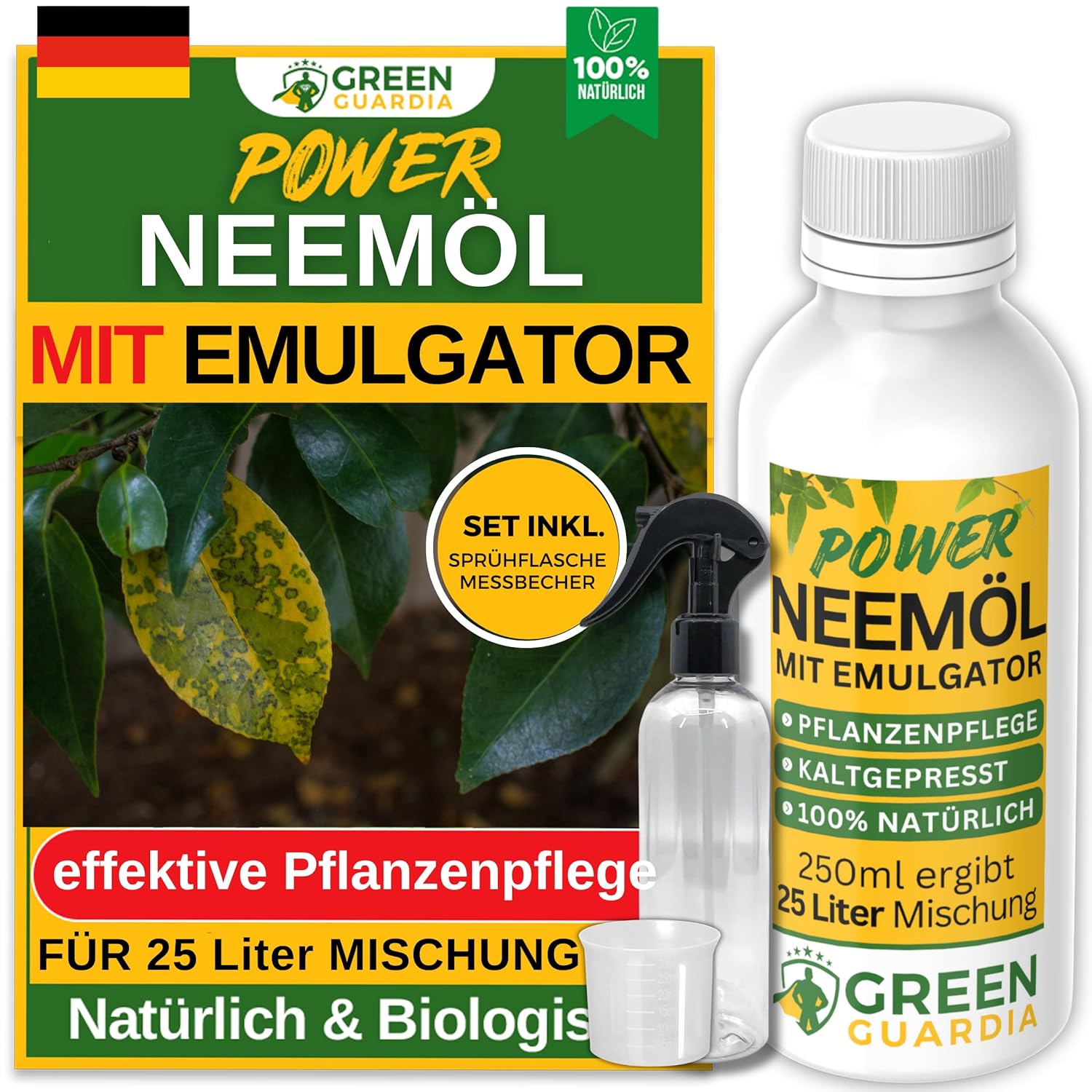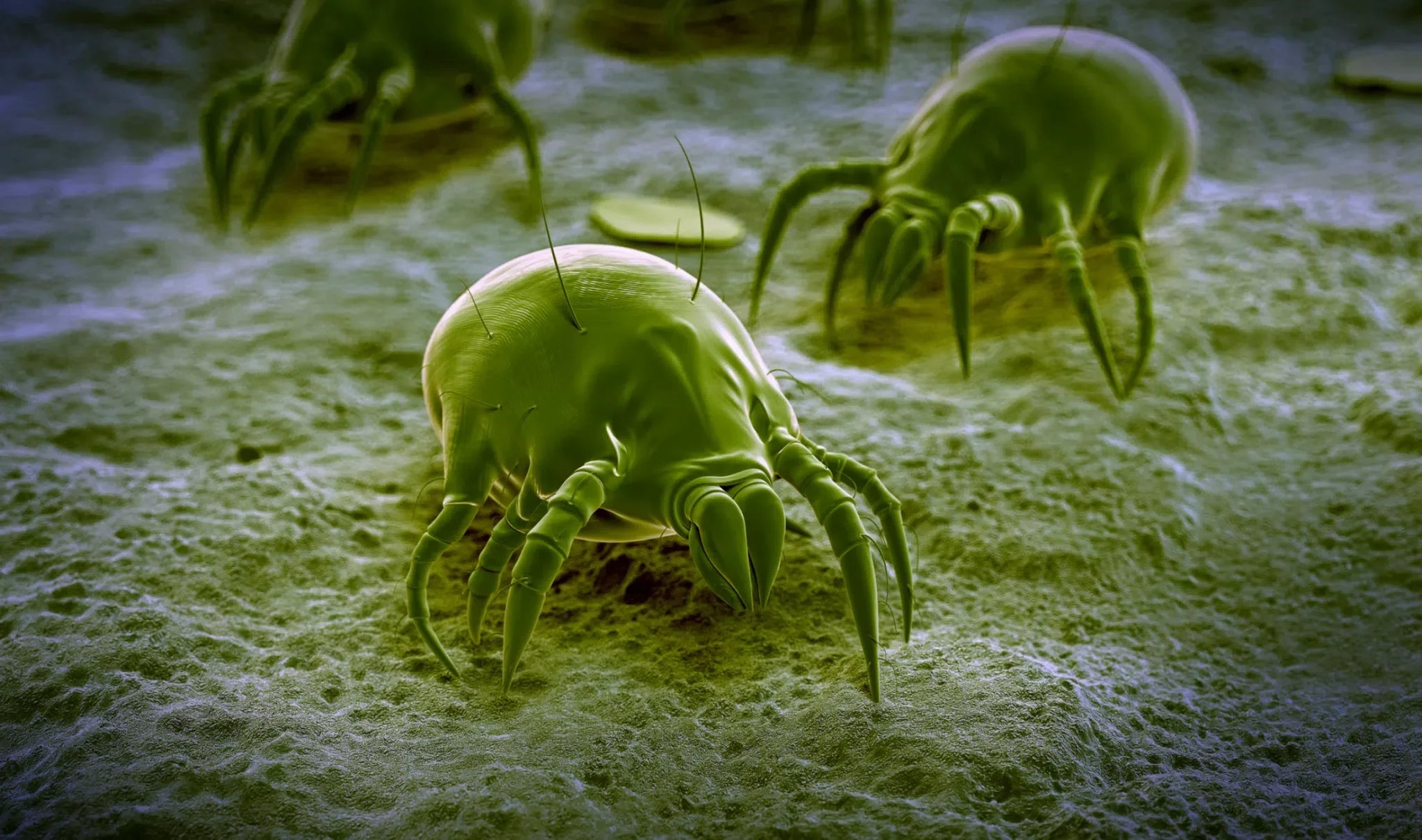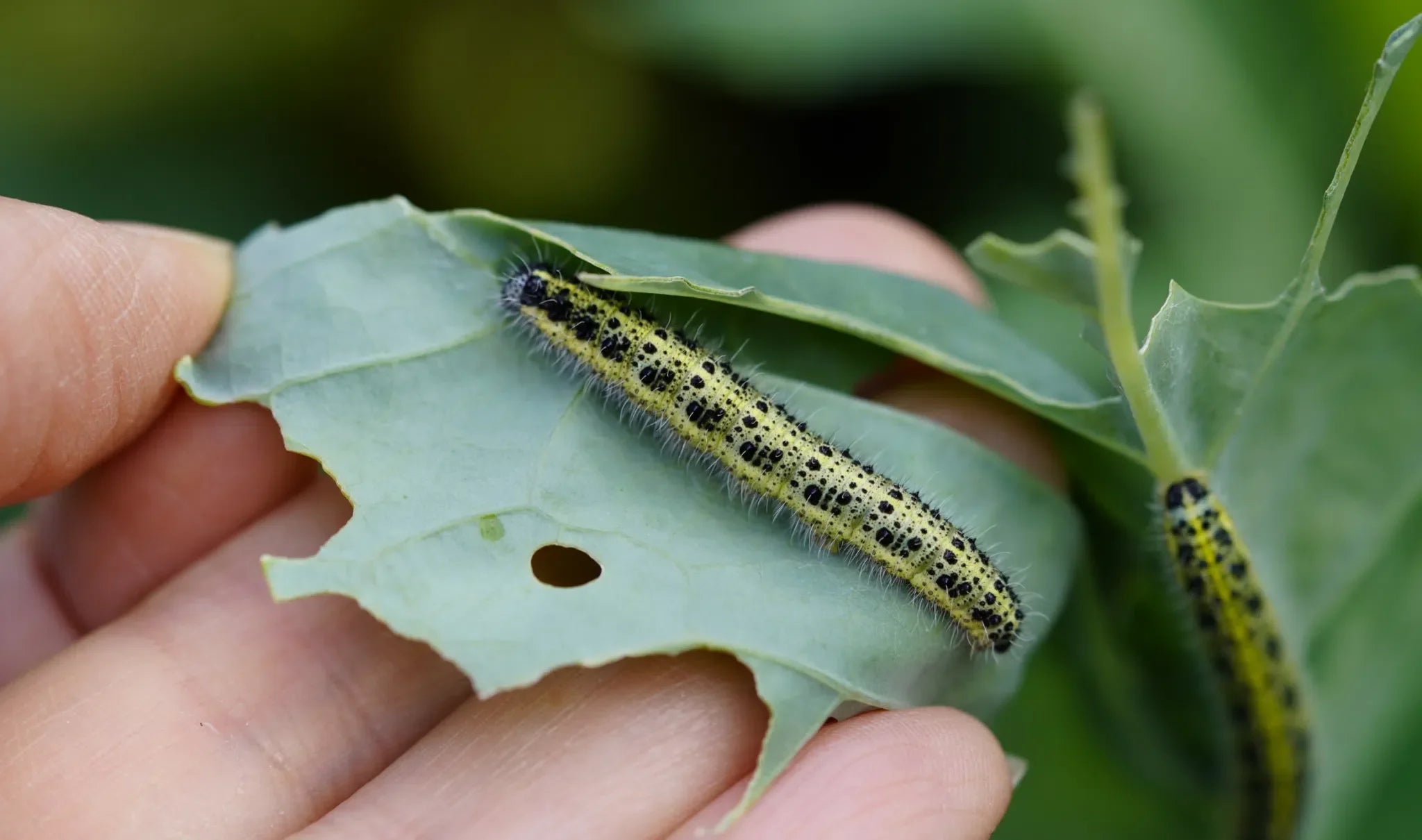Identify and combat rose leafhoppers naturally
The rose leafhopper is a common pest that particularly weakens ornamental plants like roses. Its sucking activity drains the plant's energy, which negatively impacts growth and flowering. Here, you'll learn how to identify the rose leafhopper, combat it naturally, and prevent future infestations.
An overview of the pest
The rose leafhopper (Macrosteles laevis) is approximately 3-4 mm in size and usually bright green or yellow. It prefers sunny, sheltered locations and often lives on the underside of leaves. By sucking plant sap, it weakens the plant and can significantly impair flowering and health.
Life cycle and reproduction
After laying eggs, the nymphs hatch within a few days and go through several developmental stages. New generations emerge within 3 to 5 weeks, making early control particularly important.
How to recognize an infestation
- Yellowed, weak leaves
- Feces residue in the form of small, black dots
- Weak plant growth, stunted shoots
- Sticky honeydew that promotes sooty mold formation
Natural methods to combat
- Ichneumon wasps (Trichogramma evanescens): Parasitize the eggs of cicadas and prevent new infestations.
- Neem oil sprays: Effective against larvae and adult cicadas.
- Mechanical removal: Spraying the plants with water or wiping heavily infested leaves.
Preventive measures
- Regularly check the plants, especially during the peak season
- Strengthening plants through balanced fertilization and care
- Targeted use of parasitic wasps in spring
- Ensure good air circulation to avoid humid conditions
Products for natural control
We recommend the use of parasitic wasps (Trichogramma evanescens) as an effective and chemical-free method for controlling rose leafhoppers. You can find these in our shop, as well as neem oil sprays and other products for sustainable plant care.
Conclusion
Rose leafhoppers can be reliably controlled with natural remedies. Early detection, targeted use of beneficial insects, and preventative measures will keep your roses healthy and blooming – all without chemicals.












